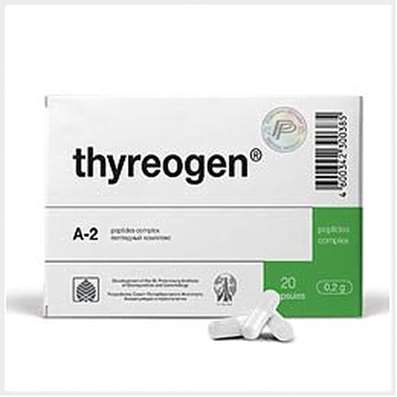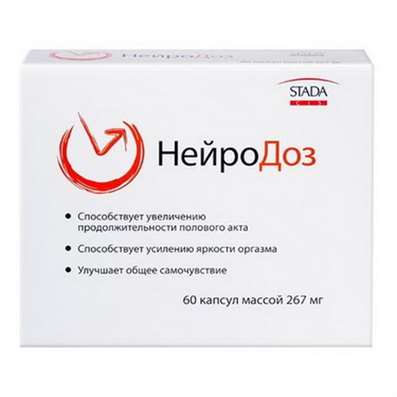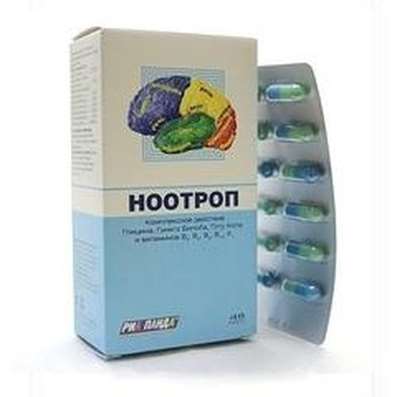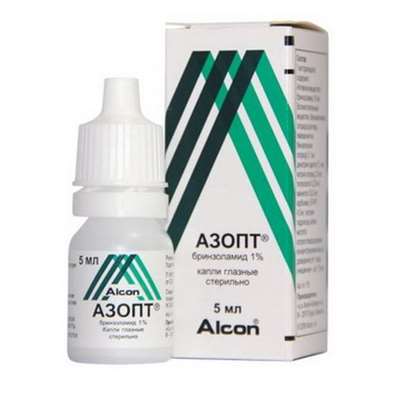Intravenous laser irradiation of blood: indications, contraindications, side effects
19 Oct 2017
The modern human organism is constantly exposed to the electromagnetic fields of mobile phones, household appliances (microwave ovens), emissions into the atmosphere of industrial enterprises, and also suffers from not always good quality food and water. Add frequent stress here. As a result, both our skin and our body grow old much sooner, but the elixir of youth, alas, has not yet been invented. However, scientists conducted a number of studies, which revealed that it is the blood that contains the secret of beauty and health. And one of the ways to rejuvenate blood, and hence the body as a whole, is intravenous laser irradiation of blood.

Intravenous laser irradiation of blood is the effect on the blood of light energy of a wave of a certain length, which has a positive effect on biochemical reactions and physiological processes in the body. Thanks to the systemic effect on the tissue, the technique is used in all spheres of medicine and cosmetology with a high degree of efficiency.
Intravenous laser irradiation of blood: mechanism of action
Intravenous laser irradiation of blood is the effect on the patient's body of LIL (low-intensity laser radiation). In view of the fact that our blood is a multicomponent system, the molecules of its plasma and shaped elements are absorbed by radiation photons of a laser with different wavelengths. According to the light guide, which the doctor enters into the vein of the patient, the laser beam affects the entire mass of blood in his body, which:
- normalizes the composition and improves the properties of blood cells (platelets, white blood cells, erythrocytes, lymphocytes);
- the process of hematopoiesis is stimulated; blood is saturated with oxygen;
- increases the oxygen transport function of the blood;
- enhances humoral and cellular immunity;
- all metabolic processes (lipid, albuminous, carbohydrate) are normalized;
- regenerative processes are stimulated.
In addition, Intravenous laser irradiation of blood, which doctors' reviews allow to really believe in the effectiveness and versatility of the procedure, has an anti-inflammatory, vasodilating and analgesic effect.
Intravenous laser irradiation of blood: applications
Today Intravenous laser irradiation of blood, which can be read about from patients with various ailments, is successfully used in various fields of medicine - pulmonology, cardiology, gastroenterology, endocrinology, urology, gynecology, dermatology, sport medicines, anesthesiology, surgery, oncology, neurology.
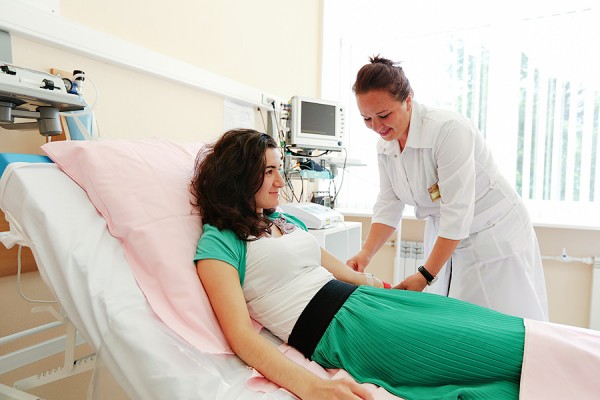
For example, this procedure successfully treats genitourinary problems of a chronic nature, diseases that are transmitted sexually. Useful sessions Intravenous laser irradiation of blood and those who have problems with blood coagulability. And not so long ago, the British scientists conducted a clinical study, as a result of which it was found that the patient's comments on the Intravenous laser irradiation of blood were positive, not only because the procedure had a beneficial effect on people's well-being. Laser irradiation also has a great effect on their mood. As a group of subjects, air traffic controllers were selected, who for a few days conducted short-term irradiation sessions. Already after the first procedures, "experimental" noted that the emotional background came back to normal, the level of aggression and anxiety decreased. Thus, intravenous laser irradiation of blood is not only an amazingly universal remedy for physical ailments, but also from the spleen of the soul. Intravenous laser irradiation of blood: contraindications Procedure Intravenous laser irradiation of blood has such contraindications as: pellagra and porphyria (all forms); hypersensitivity to sunlight and photodermatosis; hypoglycemia; hemolytic anemia (acquired); hemorrhagic stroke; myocardial infarction in the subacute period; kidney failure; cardiogenic shock; septic states of extreme severity; arterial hypotension (expressed); cardiomyopathy (stagnant); various feverish conditions; increased bleeding, etc.
Description of the procedure
Light quantum energy, radiated by the laser, enters the bloodstream and affects the electric charge of cells. It knocks out electrons from molecules, thereby changing its structure, activating mobility and regeneration (recovery) processes. Returning to the former calm state, the micromolecules are renewed, which causes the healing of cells, tissues, organs and body systems.
The procedure is carried out in specially equipped offices of medical centers without hospitalization in a medical institution. For therapy, a laser radiation apparatus capable of generating a light wave of a red or blue spectrum is used. The effect of the red photoeffect should last at least 20-30 minutes per session. The blue wave of laser radiation refers to the innovative technology of recent years - the exposure time is reduced to 5-7 minutes while maintaining all treatment effects.
The patient before the procedure should calm down and rest, for this, it is laid on the couch and the control of cardiac parameters (pulse, blood pressure) is carried out. With normal operation of the heart and the achievement of mental rest, blood irradiation begins. A disposable sterile needle with an integrated light diode is inserted into the ulnar vein, which is connected by a tube to a source of laser radiation. The apparatus sets the necessary power and time parameters. The shutdown occurs in automatic mode.
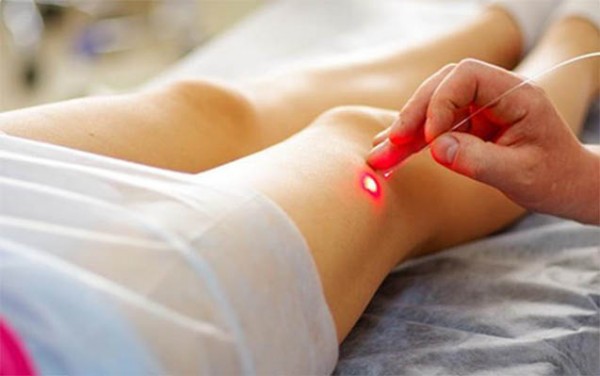
During the procedure, the patient does not feel any discomfort and changes in the general condition of the body. The technique is absolutely painless, does not require the use of medicines and special preparation for the event. The duration of the therapeutic course is prescribed by a specialist depending on the age, the severity of the pathological process, and the detection of concomitant diseases. Usually recommend 5-10 procedures, if necessary, repeat the treatment after 4-6 months. Positive effect is noted after the first blood purification session.
Effects of the procedure
The effect of laser radiation on most physiological processes in the body causes the following effects:
- spasmolytic - leveling spasm of smooth muscles of organs;
- vasodilator - relaxation of the wall of venous, arterial, lymphatic vessels, improvement of blood and lymph flow;
- hematopoietic - stimulation of the bone marrow, normalization of blood levels of erythrocytes and lymphocytes;
- anti-inflammatory - pernicious effect on pathogens;
- immunostimulating - activation of cellular and humoral immunity, increase of resistance of the organism to infections;
- analgesic - normalization of the synthesis of inflammatory enzymes (prostaglandins), effects on nerve endings;
- biostimulating - restoration of metabolic reactions;
- desensitizing - reducing the excessive response of the immune system to the action of the allergen;
- antioxidant - improving the supply of tissues with oxygen molecules and removing unoxidized metabolic products.
Indications for treatment
Thanks to the multilateral impact on the body, laser irradiation of the blood has the following indications:
- diseases of the skin (dermatitis, eczema, psoriasis, furunculosis);
- endocrine pathology (autoimmune thyroiditis, hypothyroidism, insulinoma, diabetes mellitus);
- prevention of viral infections (ARVI, herpes, mycoplasmosis);
- systemic diseases (collagenoses, vasculitis);
- pathology of the urinary system (glomerulonephritis, pyelonephritis, cystitis);
- bronchial and pulmonary diseases (tuberculosis, bronchial asthma, chronic bronchitis, emphysema);
- cardiovascular diseases (atherosclerosis, cardiac ischemia, rhythm disturbance);
- pathology of the digestive tract (pancreatitis, gastritis with high acidity, gastric and intestinal ulcer, enteritis);
- postoperative, postpartum, rehabilitation period;
- chronic fatigue syndrome;
- strengthening the process of lactation.
In cosmetology intravenous laser irradiation of blood is prescribed for skin rejuvenation, resorption of scars, normalization of the sebaceous glands. The effect of laser radiation can enhance the effect of antibacterial drugs, which allows to reduce the therapeutic dose and reduce the course of treatment, to achieve persistent results in a short period. Strengthening of oxygenation (supply of tissues with oxygen) leads to a rapid recovery of health after various diseases, improves healing of wounds, scars after surgery, increases efficiency and strengthens immunity.
Contraindications to treatment
Like any medicine, laser blood purification has contraindications:
- mental illness;
- hypertensive crisis;
- decompensated hyperthyroidism;
- propensity to convulsions (epilepsy);
- fever;
- allergy to light irradiation (photodermatosis);
- porphyria, pellagra;
- hypoglycemic conditions;
- massive hemolysis;
- sepsis.
Before starting therapy with a laser, you need to consult a doctor and undergo a diagnostic examination. This approach will ensure the appointment of an adequate course of treatment and prevent the development of complications.
Patients' feedback on therapy
The use of intravenous laser irradiation of blood in medical practice received many positive responses from patients who used blood purification with a laser.
Elena, 46 years old. After the operation on the stomach for a perforated ulcer, an inflammation of the suture appeared on the anterior abdominal wall. After 8 sessions of blood irradiation with light waves of the laser apparatus, the wound quickly healed without the formation of a coarse rumen, the general condition improved and was discharged from the hospital before the planned time.
Vlad, 30 years old. Since childhood I suffer from chronic bronchitis, every year in the autumn-winter period the disease worsened, I had to take a sick leave sheet. After the course of intravenous laser irradiation of blood I feel good for three years in a row, I do not care for coughing. The result of therapy surpassed all my expectations.
Julia, 27 years old. More than 7 years ago, I fell ill with psoriasis, I was disturbed by a rash on the skin, which did not respond to treatment. Unsatisfactory general condition was aggravated by psychological problems. The drink significantly worsened the appearance. After two courses of blood purification with laser radiation during the year, the skin was cleansed. I have not observed exacerbations of the disease for more than 5 years.
The use of intravenous laser irradiation of blood refers to a highly effective modern technique with systemic effects on the body. The procedure can be used at any age in the pathology of various organs and systems, improves the protective properties of immunity, rejuvenates tissues and is able to enhance the action of drugs.
Intravenous laser irradiation, more commonly known as "laser blood purification", is a unique modern method of physiotherapy that increases immunity, eliminates inflammation, improves metabolism and vascular tone, and also encourages the regeneration of the body.
For the procedure, a disposable light guide is used, which is inserted into any easily accessible vein, and the radiation source is a therapeutic laser apparatus.
Thanks to the photobiological effect on the blood that takes place in the bed of the vessel, the protective forces of the whole organism are activated, so this local effect can correct many disorders in the work of different organs.
In addition to immunostimulating effects, the flock has analgesic, biostimulating, anti-edematous, antioxidant and antibacterial effects.
MECHANISMS OF EXPOSURE OF INTRAVENOUS LASER RADIATION ON THE ORGANISM
Although light therapy was used to treat a variety of diseases several centuries ago, it was impossible to achieve impressive results without modern technology. At present, thanks to the direct action of quanta of light energy on blood elements, not only the improvement of the properties of the blood itself is achieved, but also a systemic response to the effect of many organs and tissues is provided.
Under the influence of intravenous laser irradiation of blood:
The speed of transportation of oxygen and nutrients by erythrocytes increases, as well as the ability of erythrocytes to penetrate into small vessels. Rheological properties of blood (its viscosity) are also improved, since this parameter largely depends on red blood cells.
The properties of platelets come to normal, which contributes to the improvement of blood coagulability.
The elasticity of the walls of the vessels increases, the vessels expand and the blood pressure decreases. Thanks to the expansion of blood vessels, the circulation of all internal organs is restored, the products of decay are actively withdrawn and the regenerative processes characteristic of the body are restored.
Leukocytes that absorb viruses and other "aliens" (macrophages, granulocytes, T- and B-lymphocytes) are activated. The cell regulates the interaction of different types of leukocytes among themselves, thus increasing cellular and humoral immunity and bactericidal properties of the blood. As a result, pain and inflammatory reactions decrease.
WHAT ARE THE INCIDENT BLOOD IRRADIATION RECOMMENDED?
Intravenous laser irradiation of blood is used as an independent or accompanying method in the treatment of a large number of diseases. The most common are the following indications:
- Diseases of the respiratory system. The method is effective for bronchitis, bronchial asthma and emphysema.
- Chronic diseases of ENT organs. Recommended for rhinitis, sinusitis, sinusitis, etc.
- Diseases of the cardiovascular system. It is prescribed for myocarditis, angina pectoris, tachyarrhythmia, is effective in vegetative-vascular dystonia, hypertension, atherosclerosis, etc.
- Diseases of the skin. Used in the treatment of neurodermatitis, eczema, toxicodermia, herpes, psoriasis, trophic ulcers and with furunculosis.
- Diseases of the digestive tract. Laser intravenous irradiation contributes to the effective treatment of peptic ulcer, pancreatitis, chronic cholecystitis, ulcerative colitis, dyskinesia of the biliary tract and cholelithiasis.
- increased endurance, increased power and speed indicators, the speed of recovery in the pre-competition and competition period
- Diseases of the nervous system. It is prescribed for neuritis, neuralgia, etc.
- Hepatitis of any kind.
- Burns, wounds and various immunodeficiency conditions - this is also an indication for carrying out wolves.
Laser irradiation is also prescribed for pathologies of the thyroid gland, obesity, hypercholesterolemia and hypothalamic syndrome.
In gynecology and mammology, there are also some indications for carrying out this procedure. These include:
- diseases of the viral nature (cytomegalovirus, papilloma, etc.);
- diseases that are chronic (they include inflammation of the fallopian tubes (salpingitis), colpitis, bartholinitis, etc .;
- menstrual cycle disorders;
- cyst;
- toxicosis of pregnant women;
- infertility;
- mastopathy.
Indications for laser irradiation of blood are also in urology - this method is used in the treatment of chronic pyelonephritis, urethritis and cystitis.
HOW DOES THE PROCEDURE GO?
At the tip of the needle, which is inserted into an accessible vein, there is a light guide. For 20-60 minutes (the individual characteristics of the patient influence the duration) all blood cells passing through the vessel are irradiated with this light guide.
This irradiation activates the enzymatic, energy and ion exchange that takes place in the cells.

 Cart
Cart

